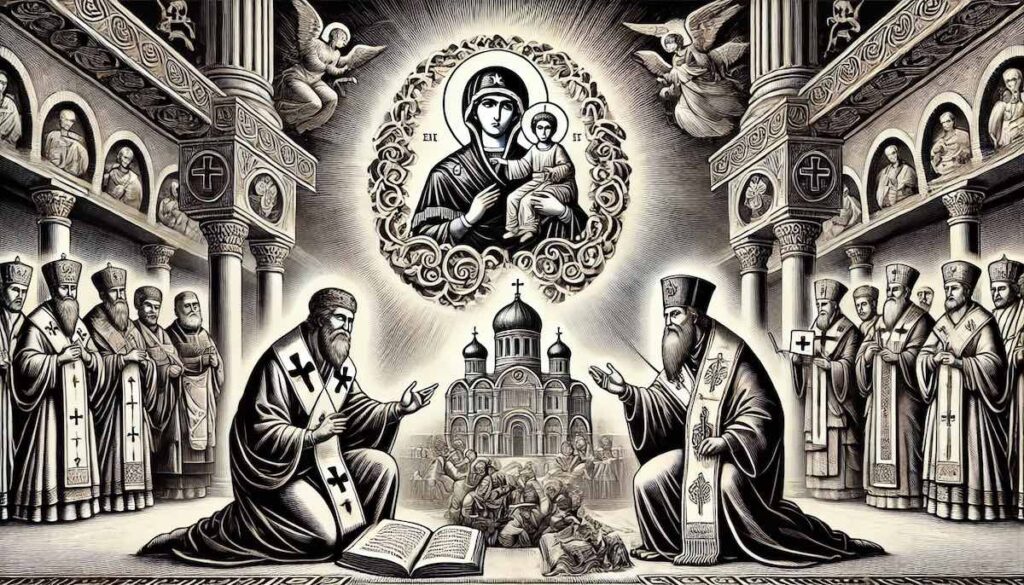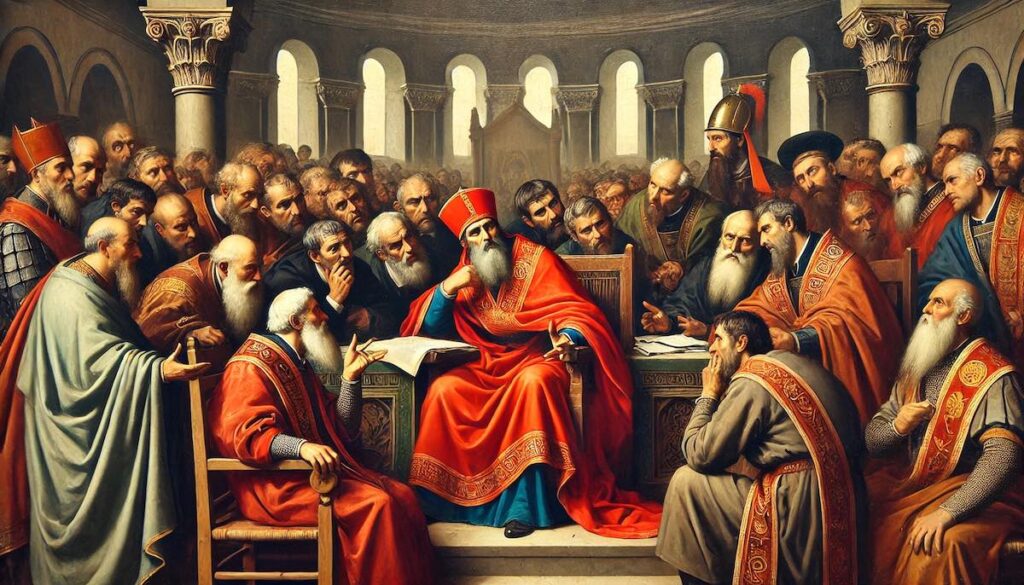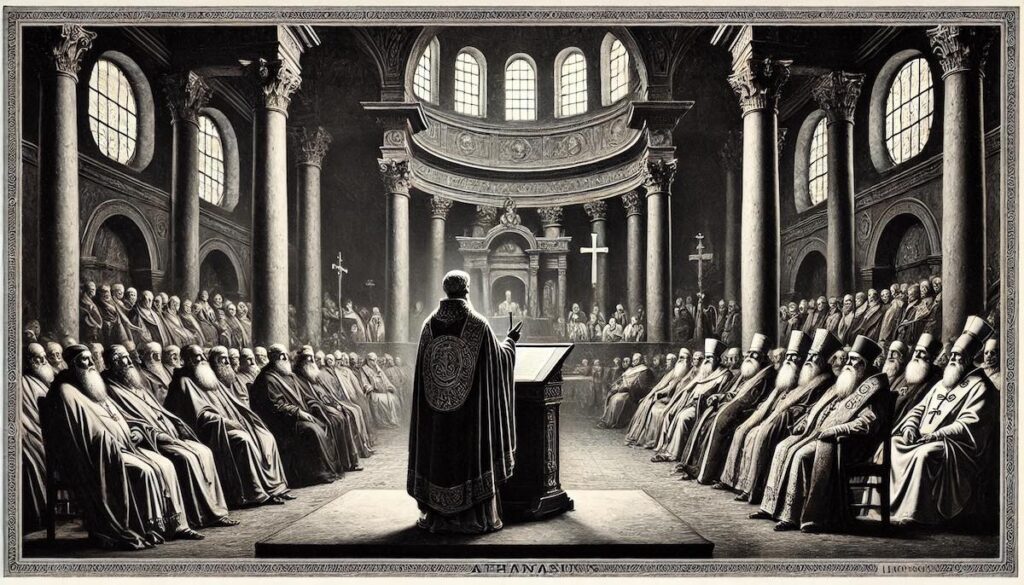Matthew 10:34-36: Why Jesus’ ‘Sword’ of Truth Divides
One of the most striking and challenging statements made by Jesus in the New Testament is found in Matthew 10:34-36, where He declares, This passage seems shocking on the surface, especially when considering the overall message of love and unity that permeates Jesus’ teachings. However, the context and deeper meaning reveal a powerful truth about […]
Matthew 10:34-36: Why Jesus’ ‘Sword’ of Truth Divides Read More »










